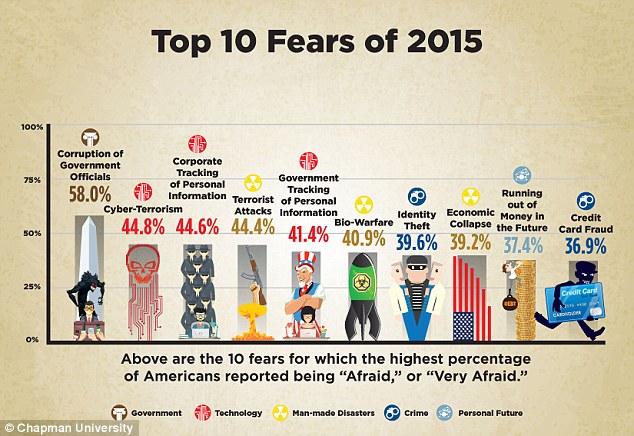Eminem's letztes Rap-Battle nach Shakespeare

The movie 8 Mile, which chronicles the rise of aspiring rapper Jimmy ‘B-Rabbit’ Smith (played by Eminem), has been translated into over 15 languages including Russian, Dutch and Japa- nese. Noticeably absent from this list is Elizabethan- Era English (EEE), the language used by William Shakespeare. From a commercial perspective, this omission is perfectly understandable, as there seems to be few native EEE speakers alive today. How- ever, from an historical and academic perspective, this omission is unfortunate, as Shakespeare’s works have often been compared to rap lyrics (Brock 2009, Bradley and duBois 2011, Lars 2012, Akala 2012), and a recent analysis lists Shakespeare as having the 15th most unique vocabulary among rappers (Daniels 2014). Thus it would be interesting […]





